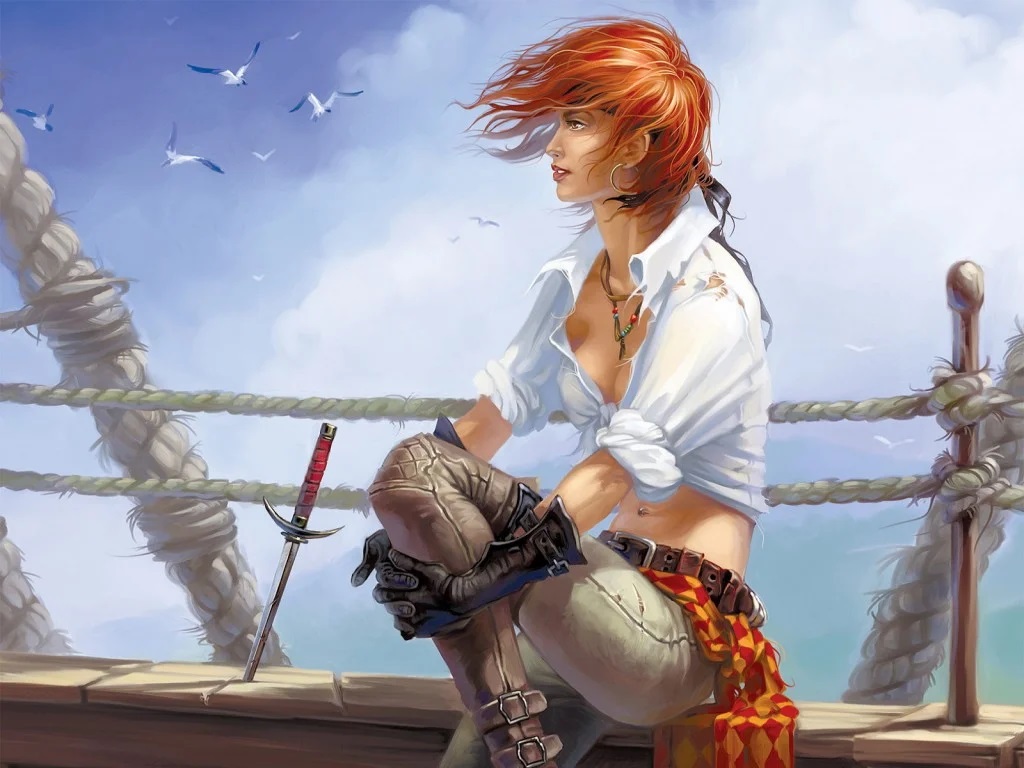Merry Wanderer of the Night [Search results for More Stuff]
Just Contemporary Interview with Stephanie Kuehnert! (and a giveaway!)
Award Winning Wednesday — Keesha's House & My Heartbeat
Just Contemporary Review — Break by Hannah Moskowitz
Review: Amy & Roger's Epic Detour by Morgan Matson
Just Contemporary Review — Virtuosity by Jessica Martinez
Review: Starstruck by Cyn Balog
2010 Reading Resolutions Challenge

Review: Witch Song by Amber Argyle
Why I Blog
Memory Monday — Age Appropriate... Or, not.
Candy Girl: A Year in the Life of an Unlikely Stripper

FTF excerpt from author Laura Lond!
Book Review: Triumph of the City

Top Ten Tuesday — Books I WANT to Reread
The Bulldogs (based on an underground comic-book)

FTF: Interview with author Jaclyn Dolamore!!
Review: The Babysitter Murders by Janet Ruth Young
Housekeeping Vs. the Dirt

Psychtember Post — OCD in YA Literature
More Stuff: Greece condemns British refusal of mediation on Parthenon sculptures
